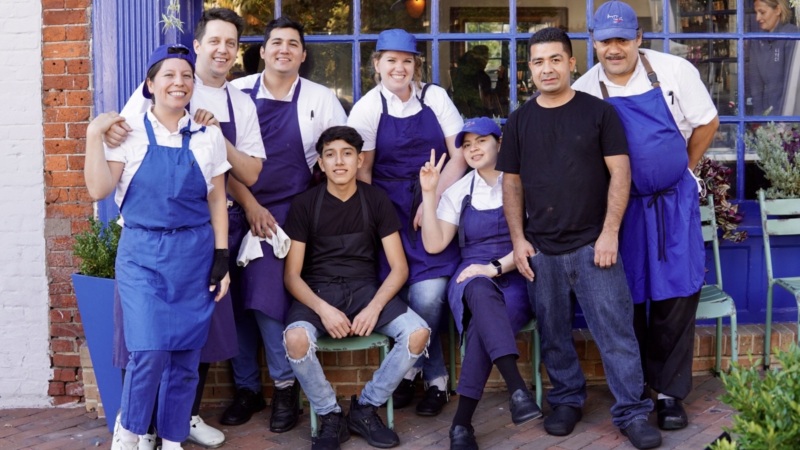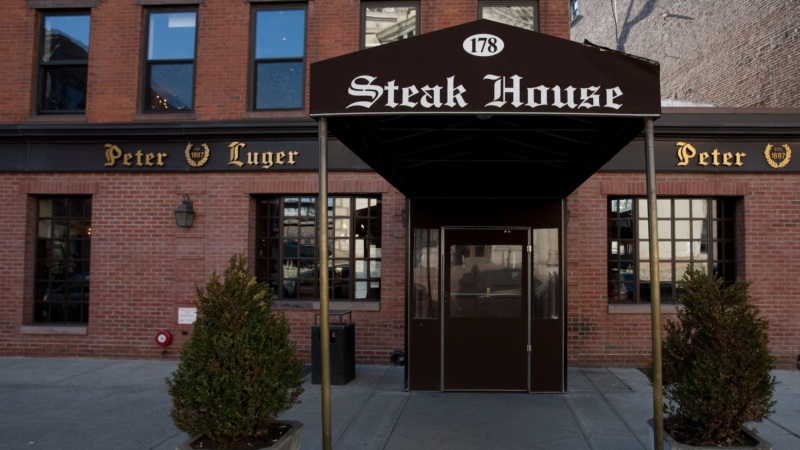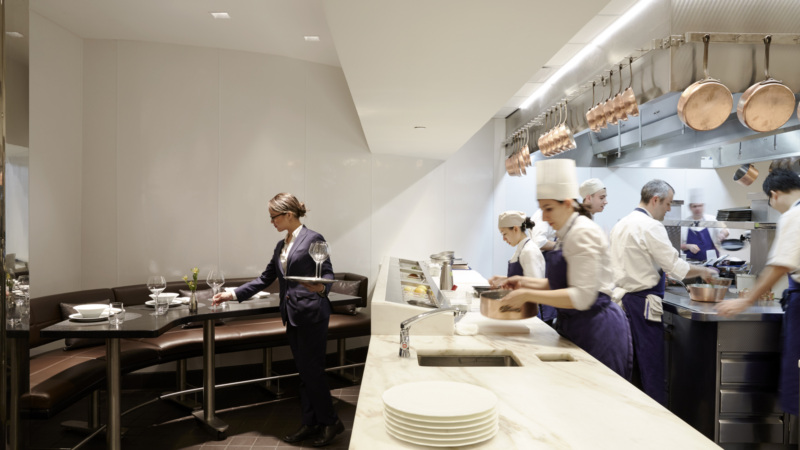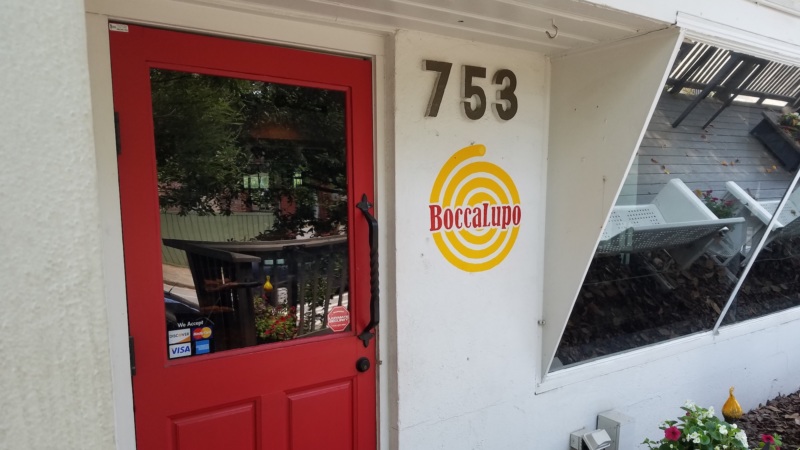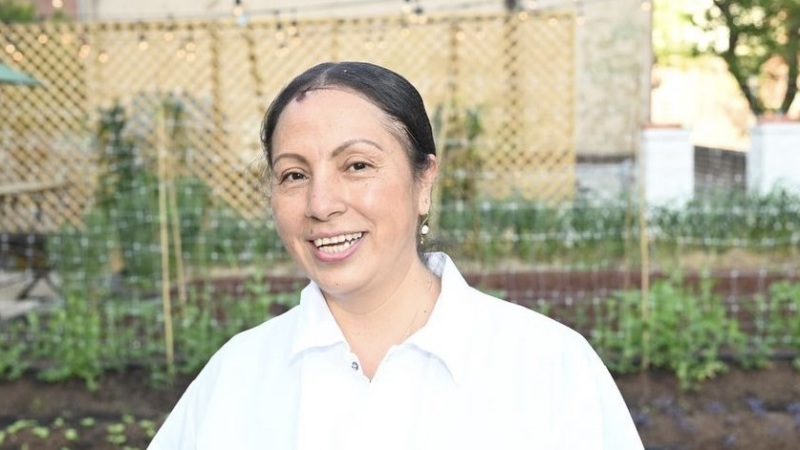
How To Talk To Your Landlord About Renegotiating Rent
“As the pandemic continues to threaten the vitality of the restaurant industry into the new year, operators across the country are looking for additional ways to reduce their expenses. Many are forgoing costly rent payments and building up masses of back rent that they hope to be able to pay when business returns to pre-COVID levels. A survey conducted by industry group New York City Hospitality Alliance showed 88% of restaurant respondents could not pay full rent this past October with trends showing this number increasing over time. Over 50% of respondents said they had not renegotiated their lease due to COVID-19.
To find out how restaurants can kick off negotiation conversations with their landlords, we connected with hospitality real estate expert Taryn Brandes. When Brandes joined the real estate industry as a broker nearly a decade ago, she found her niche in representing innovative retail and food and beverage tenants. After helping national brands like Starbucks and Sweetgreen map out and execute their expansion plans, she founded her own tenant representation and advisory firm Brand Urban. Based in New York City, Brandes and her team use their expertise in food and beverage to advise businesses of all sizes.
Although Brand Urban’s pre-pandemic focus was to help businesses open and expand their locations, the firm has had to pivot along with the rest of the industry to help its clients save their existing locations. Brandes shares the advice she has been giving her own clients including how to talk to your landlord and what types of rent arrangements may be available.
Be An Open Book With Your Landlord
Being transparent is an essential first step when discussing the possibility of alternative rent agreements. “Your landlord will not understand the obstacles, expenses, and daily struggles of your restaurant without you sharing it,” says Brandes. “For example, if your restaurant has decided to say closed rather than open at a reduced indoor dining capacity like 25%, your landlord might initially be less inclined to work with you if they believe you are just choosing to not open for business. They do not understand the reasons why you have made that decision.
Instead of feeling defeated, Brandes recommends continuing the conversation by showing them figures like sales numbers, outdoor dining setup costs, additional operating costs like third-party service fees for delivery and takeout, and labor costs required to open – even at 25% capacity. “Although not every landlord is the same, they are more likely to be open to helping their tenants when they are educated about the challenges that exist.”
A potential result of being transparent is that your landlord may open up about their struggles in return. “Landlords have many of their own obligations that will weigh heavily on how they respond to your request for renegotiating,” says Brandes. They have to handle property managers, taxes, and other expenses, but getting an understanding of your landlord’s obligations and goals can help you work as partners towards a mutual arrangement that works best for both of you.
Rent Alternatives To Consider
Because there are so many costs associated with opening a business, commercial leases are usually long term commitments to spread out opening costs over an extended period of time and give tenants the opportunity to recoup their expenses. It is common to see monthly rent payments that start at one number at the beginning of the term and increase annually as the business matures on an annual basis. But with restaurant revenue at an all-time low, there are a few alternative rent arrangements you can discuss with your landlord.
- Rent abatement: This is typically a total suspension of rent with no expectation of future payment. Full rent abatements were more commonly seen earlier in 2020 when the total length of the pandemic was unknown. While it is unlikely to receive this now if you haven’t already, partial rent abatements may still be possible for landlords without major obligations to lenders.
- Rent deferral: This would be similar to an abatement as you would not be paying rent now, but you would need to pay the back rent in the future. If you go this route, ensure that the repayment period is far enough in the future to give you enough time to generate the income needed again to repay your rent without cash flow issues.
- Percentage of sales: Instead of a flat base rate, you can suggest that you’ll pay a percentage of your gross sales each month. Make sure you’re being transparent with figures from the past few months to minimize any surprises for your landlord.
- Percentage of base rent based on capacity percentage: If local restrictions require you to maintain a maximum of 25% capacity for indoor dining, you can suggest paying 25% of the original base rent payment. The percentage you pay would increase and decrease along with the local capacity mandates.
- Percentage of sales and capacity percentage hybrid: This would combine the previous two strategies, where you would agree to pay no less than the percentage of base rent, or will agree to pay a percentage of total gross sales – whichever is greater. Another version of this hybrid strategy would be to pay no less than the agreed-upon reduced base rent, in addition to paying a percentage of total gross sales over a certain sales threshold achieved in the restaurant. While this is the most costly of the options, Brandes has seen this used most often and believes this is mostly likely to get a positive response.
- Using your security deposit: Due to the pandemic, Brandes has found that some tenants have been allowed to apply money from their security deposit to rent. “One might view a security deposit as ‘emergency fund’, and this could definitely qualify,” says Brandes. Similarly to the rent deferral option, if your landlord insists that you replenish the funds in the future, ensure the due date is far enough away to give you a chance to recover. Ideally the funds do not need to be replenished.
Brandes adds, “Of course not every landlord is open to every situation and every situation is different. And you should not expect these more favorable terms to carry on for the rest of your lease term. You’re not going to your landlord and saying, ‘I want to renegotiate my rent for the rest of my seven-year lease term,’ for example. You have to discuss it in shorter periods of time because the situation is so fluid.” With promises of vaccinations and warmer weather on the horizon, landlords may be more likely to agree to changes for the next few months as the light at the end of the tunnel begins to appear.
For additional guidance, Brandes recommends contacting a broker who can represent your best interests (versus one who is working on the landlord’s behalf) as a resource. “They will be able to share what they have seen across the board, both from other restaurants and tenants that they represent, as well as what they’ve seen landlords agree to. Right now, many are giving free advice, and everyone believes in this business, so the more we can do to help, the better.”
*Opinions and views in articles shared on Resy OS are presented for the purpose of discussion and commentary on topics of interest in the restaurant industry; they should not be viewed as substitutes for advice given by professionally engaged business consultants and advisors.
Discover More



